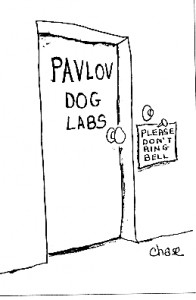“How I Saved My Marriage”
https://savethemarriage.com/stmblog/wp-content/themes/corpus/images/empty/thumbnail.jpg 150 150 Lee H. Baucom, Ph.D. Lee H. Baucom, Ph.D. https://secure.gravatar.com/avatar/669b7e375d93f77521ddaba08adb8063?s=96&d=blank&r=pg Many times, in the midst of trying to save a marriage, the anxiety and fears can lock you up, overwhelmed with what to do next.
Many times, in the midst of trying to save a marriage, the anxiety and fears can lock you up, overwhelmed with what to do next.
When that happens, the outcome is often a lack of change, motivation, or action.
And things continue in the downward spiral.
So today, I want to invite you to use your imagination — a little Jedi mind trick. Imagine that you DID save your marriage. You HAVE created a loving, supportive, respectful marriage. You look forward to spending time together. Your issues resolve themselves peacefully and effectively.
Now, you are looking back to see what you did, in order to save your marriage. You notice how you approached the situation, how you dealt with the issues, and how you moved forward — even in the face of frustration and difficulties.
In today’s podcast, we reflect on “what you did” to save your marriage — and by doing that, we create a path for you to do just that: Save Your Marriage.
Listen below.
(and if you are ready to take action, CLICK HERE FOR MY SYSTEM)
Podcast: Play in new window | Download
Subscribe: RSS
 Is your marriage on life support? You keep watching as the life slowly leaks away from your relationship. Maybe you feel powerless to turn it around. But is it too late?
Is your marriage on life support? You keep watching as the life slowly leaks away from your relationship. Maybe you feel powerless to turn it around. But is it too late?
